World
Task cut out for new Chinese premier: economic revival
In his first press conference after he assumed office, Chinese premier Li Qiang says he will treat ‘all businesses equally and defend business property rights’.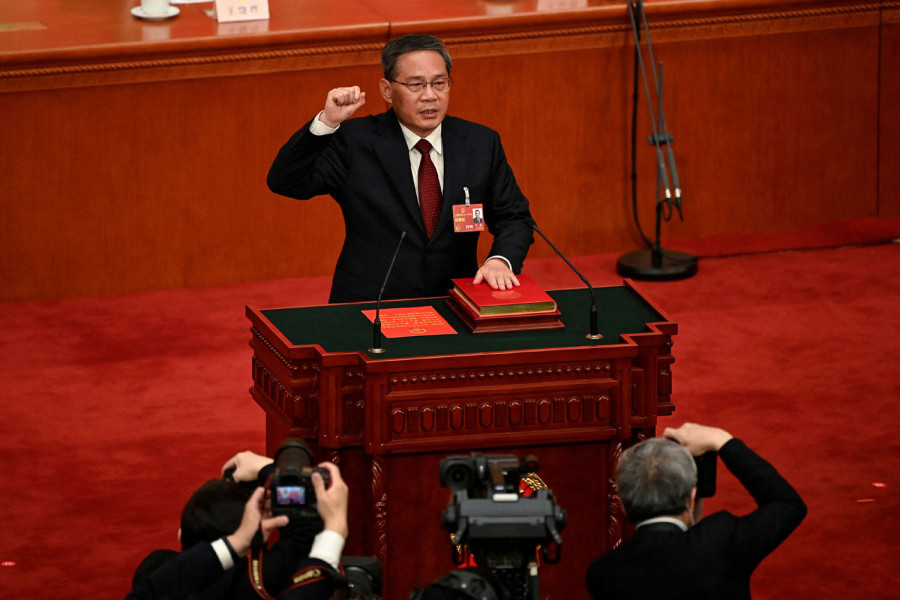
Purushottam Poudel
In Beijing, two shopping malls—the You Tang on the Menwai Street and the Silk Market on the Xiushui East Street—are famous for daily essentials. Before the Covid pandemic struck, the malls would have almost all of its shop spaces occupied. Not anymore.
“This mall had a lot of shops before the pandemic, but there are now a lot of empty places,” a 45-year-old businesswoman who has a clothing store at the Silk Market told the Post on the condition of anonymity. “Business is not what it used to be.”
The You Tang mall has faced the same fate. A businessman said that he has witnessed some of the small-scale businesspersons packing up their shops after their businesses dried up. They couldn’t afford the rent of their shops and even had to sell their properties to cope up with the situation, he said.
Covid pandemic was first recorded at Wuhan, a city that lies about 1,100 km south of Beijing, in late 2019. The pandemic quickly spread around the world, bringing the world to its knees. China remains one of the worst affected countries. The pandemic has had a huge impact on the country’s economy; in 2022, the world’s second largest economy recorded a Gross Domestic Product growth of just 3 percent, the second lowest increase in recent decades following a 2.4 percent growth in 2020.
Against this backdrop, the task is cut out for Li Qiang, 63, the country’s new premier who assumed office on March 11: he is now in charge of reviving an economy that has been battered by Covid-19 for three years.
Li, of course, knows this full well. Two days after taking office as the nation’s prime minister, Li on Monday appeared at a press conference in Beijing’s Great Hall of the People and placed emphasis on rebounding the country’s ailing economy.
Prior to this, in his final statement as prime minister, Li Keqiang had also prioritised boosting the country’s economy.
But doubts remain on how successful Li Qiang would be on his goal given his lack of experience in central governance. He is the first prime minister who has never held a position in the central government before becoming a prime minister after the foundation of the People's Republic of China. Li was a career bureaucrat who was hand-picked by President Xi Jinping.
Attempting to boost the morale of the local business community, the newly appointed premier has promised to “encourage fair competition among different commercial organisations and aid in the expansion and growth of private businesses.”
“From a fresh starting point, we will establish a market-oriented, legalised, and globalised business environment, treat businesses with various forms of ownership equally, and defend business property rights as well as the rights and interests of entrepreneurs,” the premier said at the conference.
While he has promised to improve the internal economic system, there is pressure to adjust the external environment as well. In particular, the friction between China and the United States also must be resolved to achieve the anticipated GDP for the year 2023. The government has claimed it would achieve a growth rate of 5 percent in 2023.
“Surveys by various international organisations have also predicted that our economy will be strong this year,” Prime Minister Li said at the press conference. “We are excited by the results of the last two months. The target we have set will be fulfilled.”
Reportedly, United States-China ties are at their lowest point in decades, giving rise to tensions in technology and investment. However, Prime Minister Li said that despite the tensions, Foreign Direct Investment in China has not decreased and its trade with the United States remains stable.
“China got FDI worth US$189 billion last year, and commerce between the US and China totalled US$760 billion,” Prime Minister Li said.
Zhang Jeigen, an associate professor of international studies at the Shanghai-based Fudan University, however, said that the new government is likely to face two challenges, domestic and international, to overcome the country’s economic woes.
“Domestically, China needs to find a new economic driving force,” Professor Zhang told the Post. “Internationally, ant-globalisation led by the US remains a serious challenge. How the new government handles this challenge is something to watch for.”




 22.26°C Kathmandu
22.26°C Kathmandu

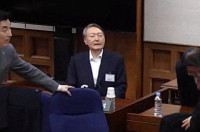





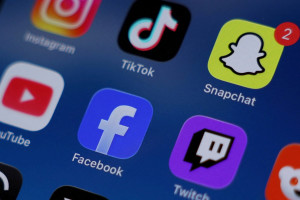
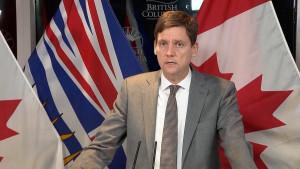
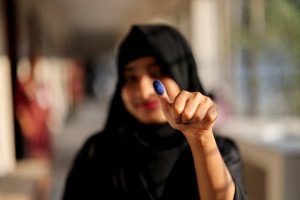
.JPG&w=300&height=200)




